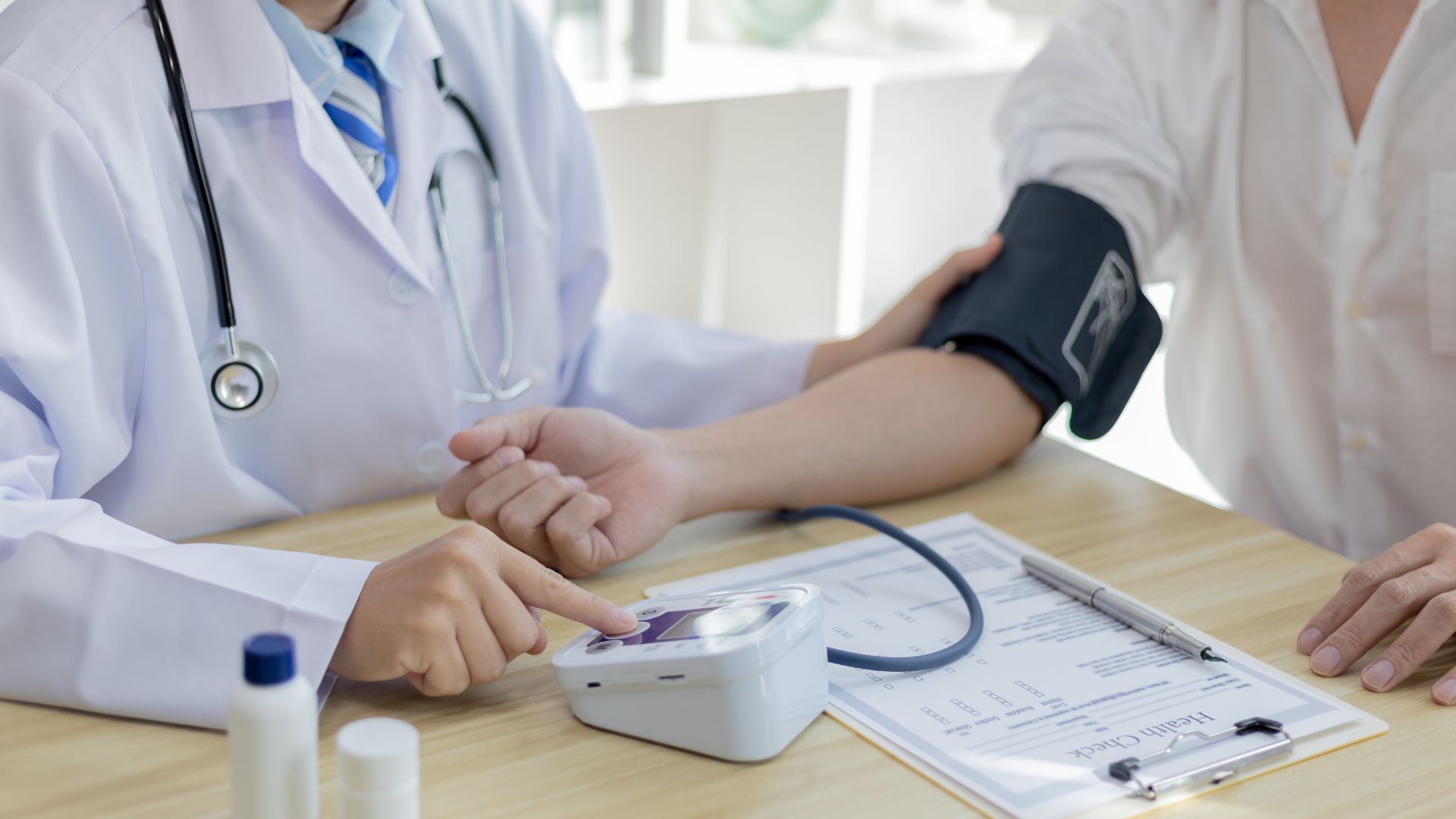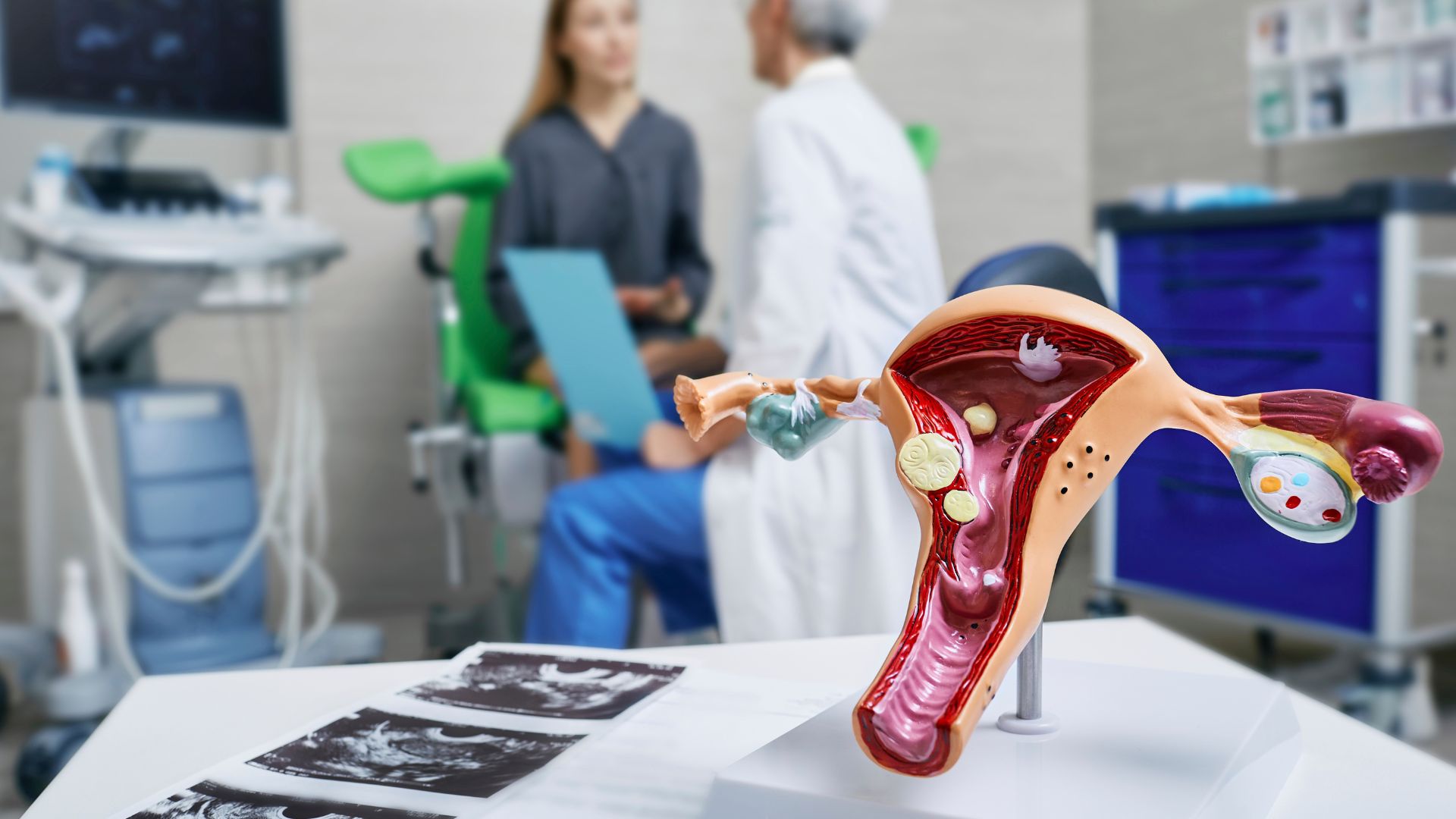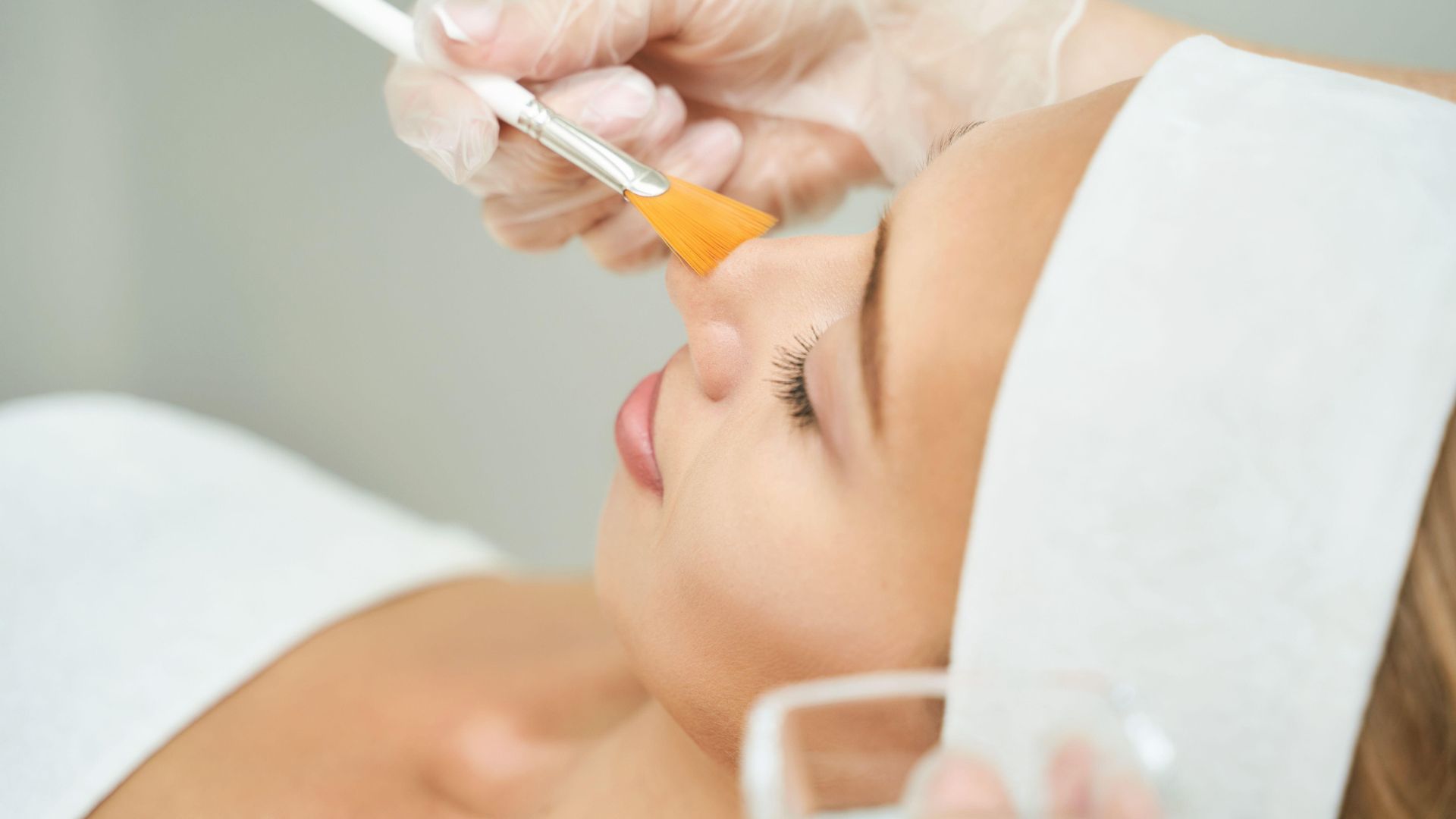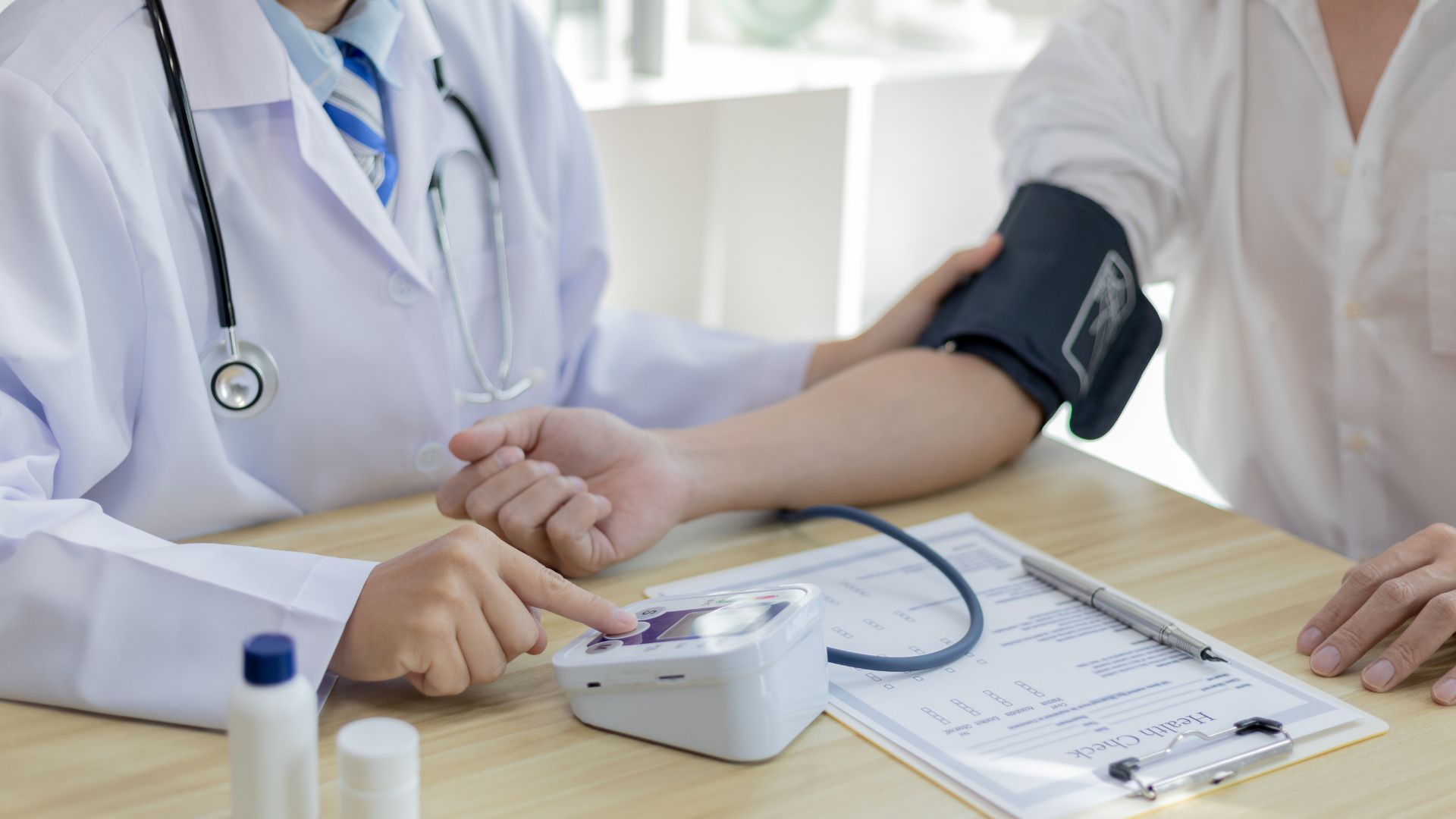
Regular women's wellness check-ups empower women to detect health issues early and maintain vitality throughout every life stage. Missing preventive visits can delay diagnosis of conditions like cervical cancer or osteoporosis, while routine screenings enable timely interventions and peace of mind. This guide explains the foundational well-woman exam, highlights critical preventive screenings, outlines age-specific recommendations, offers preparation tips, and explores lifestyle factors that boost long-term health.
What Is a Well-Woman Exam and Why Is It Important?
A well-woman exam is a comprehensive preventive healthcare visit that combines a physical assessment, screening tests, and risk evaluation to detect early signs of disease and support reproductive and overall health. By integrating procedures like pelvic exams and laboratory analyses, this annual service enhances early detection of cervical abnormalities, breast changes, and metabolic concerns. Building on this foundational visit, preventive screenings become even more effective.
Well-Woman Exam Importance
Regular well-woman exams are crucial for early detection of health issues and maintaining overall health throughout a woman's life. These exams include physical assessments, screenings, and risk evaluations to detect early signs of disease and support reproductive and overall health.
American College of Obstetricians and Gynecologists (ACOG), Recommendations for well-woman visits every year for women who are sexually active or > 18 years (2023)
This recommendation emphasizes the importance of annual check-ups for women to ensure they receive necessary preventive services and address any health concerns promptly.
What Does a Comprehensive Well-Woman Exam Include?
Below is an overview of core well-woman exam components and their purposes:
| Exam Component | Attribute | Purpose |
|---|---|---|
| Pelvic Exam | Reproductive assessment | Detects anatomical changes or masses |
| Pap Test | Cervical screening | Identifies pre-cancerous cells |
| Clinical Breast Exam | Breast evaluation | Palpates lumps or texture changes |
| Blood Pressure Check | Cardiovascular marker | Screens for hypertension |
| Blood Tests | Metabolic panel | Evaluates cholesterol and glucose |
Each element safeguards critical organ systems and seamlessly leads into individualized screening recommendations.
How Often Should Women Schedule Wellness Check-Ups?
Annual scheduling improves continuity of care by tracking changes over time, while age-based intervals tailor screenings to evolving risk profiles. Recommended frequencies include:
- Ages 13–20: Annual general exam with counseling on sexual and mental health.
- Ages 21–39: Yearly well-woman exam; Pap test every three years.
- Ages 40–64: Annual exam; begin mammograms at age 40 with biennial frequency.
- Ages 65+: Annual exam; screenings per provider guidance based on health history.
These intervals optimize preventive timing and set the stage for discussing provider roles.
Which Healthcare Providers Perform Women’s Wellness Exams?
Women’s wellness services are delivered by a team of specialists and generalists:
- Obstetrician-Gynecologists (OB/GYNs) perform gynecologic exams and manage reproductive conditions.
- Women’s Health Nurse Practitioners (WHNPs) provide preventive care, counseling, and screening coordination.
- Primary Care Providers (PCPs) integrate well-woman exams into overall health management.
Choosing the right provider ensures seamless care coordination and paves the way to explore key screenings.
What Are the Key Preventive Screenings Every Woman Should Know?
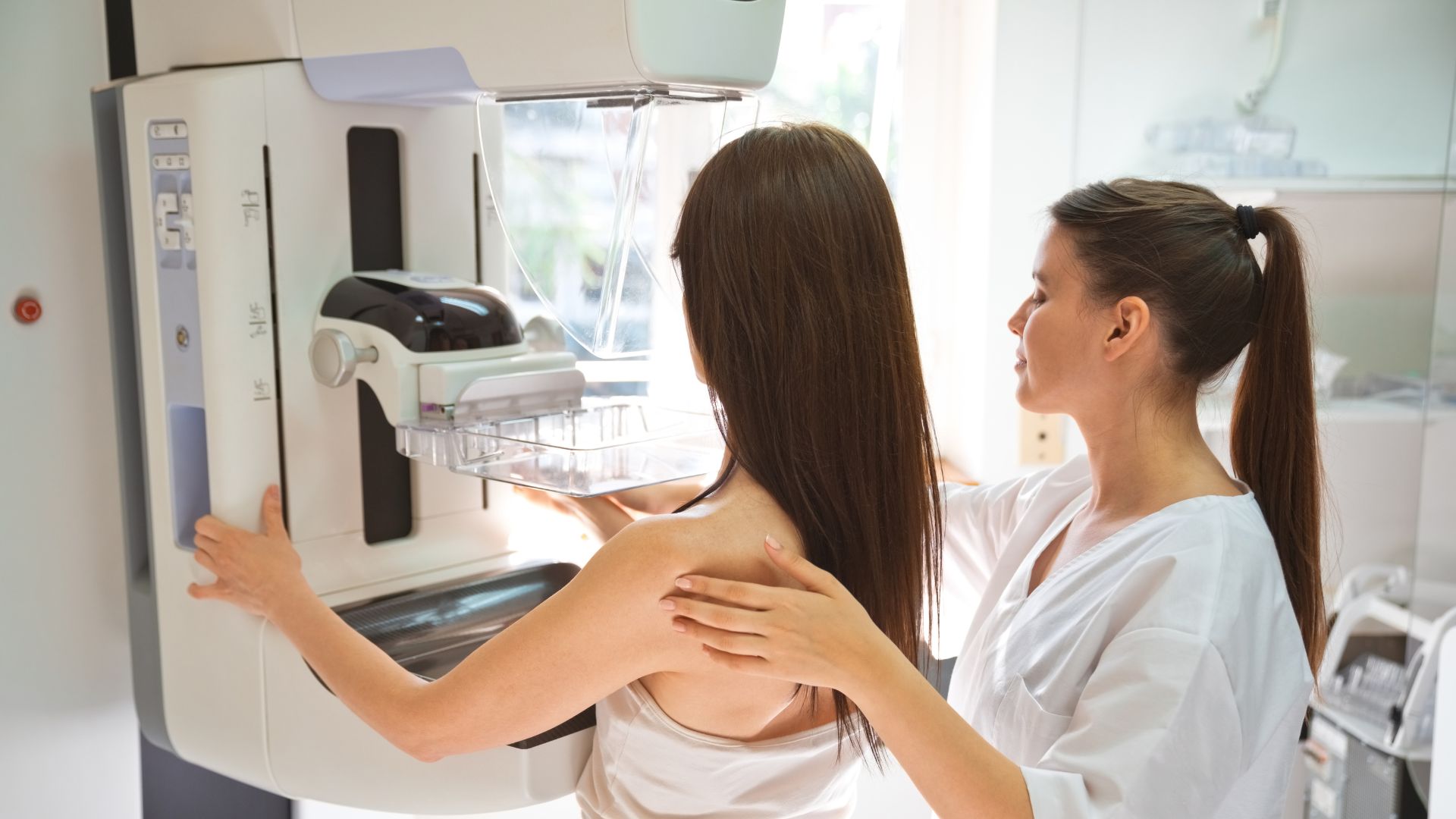
Key preventive screenings detect disease early, reduce complications, and improve survival. Integrating these tests into annual visits enhances comprehensive health management across multiple systems.
Preventive Screenings for Women
Preventive screenings are essential for early disease detection, reducing complications, and improving survival rates. Key screenings include those for cervical cancer, breast cancer, and colorectal cancer.
American Cancer Society, Cancer Screening Guidelines (2023)
The American Cancer Society provides guidelines for cancer screenings, emphasizing the importance of regular testing for early detection and improved outcomes.
What Are the Recommended Cancer Screenings for Women?
- Pap Test for cervical cancer starting at age 21.
- Mammogram for breast cancer beginning at age 40.
- Colonoscopy for colorectal cancer starting at age 45 or per family history.
Regular adherence to these protocols drives early diagnosis and better treatment outcomes.
How Do Cardiovascular and Metabolic Screenings Support Women’s Health?
Cardiovascular tests support heart health by identifying risk factors:
- Blood Pressure Check assesses hypertension risk.
- The Lipid Panel measures cholesterol levels.
- Fasting Glucose evaluates diabetes risk.
Monitoring these metrics prevents chronic disease progression and connects to bone health considerations.
Cardiovascular and Metabolic Screenings
Cardiovascular and metabolic screenings, such as blood pressure checks and lipid panels, are vital for assessing heart health and identifying risk factors for chronic diseases. Monitoring these metrics helps prevent chronic disease progression.
Modern Women's Health, Metabolic & Heart Disease Screening (2023)
This source highlights the importance of metabolic and heart disease screenings in women to identify and manage risk factors for cardiovascular diseases.
Why Is Bone Health Screening Important for Women?
Bone density screening identifies osteoporosis risk before fractures occur. Below is a summary of common bone health assessments:
| Screening Test | Attribute | Value/Recommendation |
|---|---|---|
| DEXA Scan | Bone mineral density | Baseline at age 65 or earlier |
| FRAX Assessment | Fracture risk profile | Calculates 10-year risk |
| Vitamin D Level Test | Bone metabolism marker | Ensures optimal calcium use |
Bone Health Screening
Bone density screening, such as DEXA scans, is crucial for identifying osteoporosis risk before fractures occur. Screening is recommended for all women ages 65 and older, and younger women with risk factors.
U.S. Preventive Services Task Force, Bone density tests are recommended for: All women ages 65 and older. Younger women with a higher-than-normal chance of fracture for their age (2024)
The U.S. Preventive Services Task Force recommends bone density tests for women over 65 and younger women with a higher risk of fractures, emphasizing the importance of early detection.
What Sexual Health Screenings Should Women Consider?
Essential sexual health services include:
- STI Testing for chlamydia, gonorrhea, and HIV annually.
- HPV Vaccination to prevent high-risk virus strains.
- Confidential counseling on contraception and sexual function.
Integrating these screens into well-woman exams sustains reproductive wellness and flows into life-stage guidance.
Sexual Health Screenings
Essential sexual health services include STI testing, HPV vaccination, and counseling on contraception and sexual function. Regular STI screenings are recommended, especially for those at higher risk.
Texas Quick Care, Women's Health – STD Testing (2025)
This source emphasizes the importance of regular STD screenings for sexually active individuals, particularly for early detection and treatment to prevent complications.
How Do Women’s Wellness Check-Ups Change Across Different Life Stages?
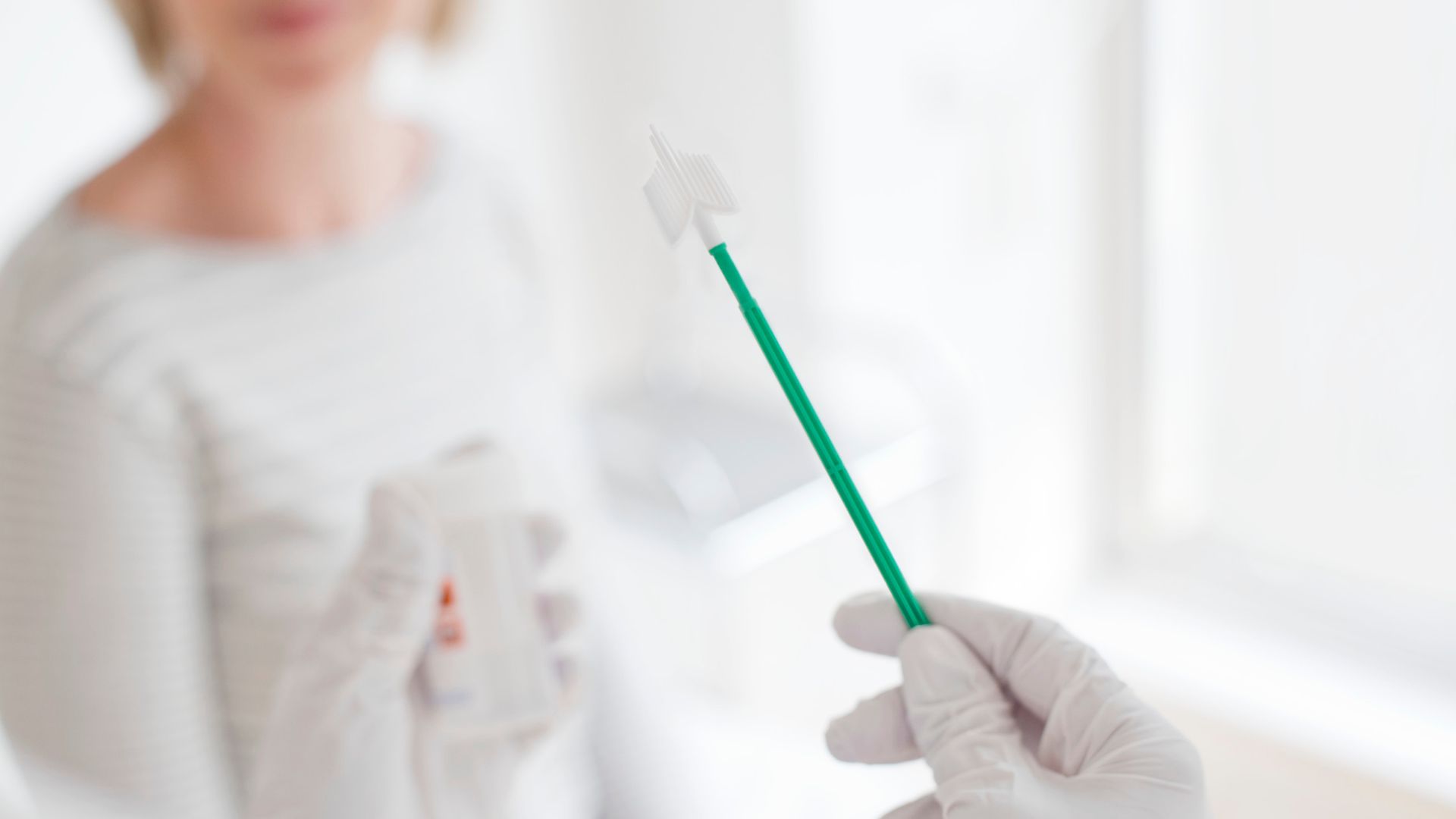
Wellness check-up content evolves alongside hormonal shifts, reproductive milestones, and metabolic changes. Age-specific protocols ensure screenings match developmental needs and continuity of care.
Age-Specific Recommendations
Wellness check-up content evolves with hormonal shifts and reproductive milestones, with age-specific protocols ensuring screenings match developmental needs. For example, cervical cancer screening starts at age 21.
Johns Hopkins Medicine, Women's Preventive Care Timeline: Infographic (2025)
This source provides a timeline of recommended screenings by age, highlighting the importance of tailored preventive care throughout a woman's life.
What Screenings Are Recommended for Teens and Young Adults?
- Annual physical exam with growth and mental health monitoring.
- Pap test beginning at age 21, every three years.
- STI screening based on sexual activity.
These early protocols establish preventive routines for adulthood.
What Wellness Exams Are Essential for Middle-Aged Women?
- Annual exam with breast and cardiovascular screening.
- Mammogram every one to two years.
- Bone density assessment starting at 65 or per risk factors.
Middle-aged exams focus on cancer prevention and metabolic control.
What Should Senior Women Know About Wellness Check-Ups?
- Annual exam with tailored screenings based on health status.
- Continue bone density and colon cancer screenings as indicated.
- Vaccinations (e.g., shingles, pneumonia).
Senior protocols emphasize quality of life and prevention of age-related conditions.
How Can Women Prepare for Their Wellness Check-Up to Maximize Benefits?
Effective preparation enhances exam efficiency, communication, and follow-up planning. Clear preparation leads directly into lifestyle integration.
What Questions Should Women Ask Their Healthcare Provider?
Women should discuss:
- “Which screenings suit my age and health history?”
- “What lifestyle changes support my preventive plan?”
- “When should I schedule follow-up tests?”
Open dialogue empowers personalized care.
What Should Women Bring to Their Appointment?
- A complete health history and medication list.
- Previous screening results and immunization records.
- Insurance and contact information.
Organized documentation streamlines exam workflows and transitions to anxiety management.
How Can Women Manage Anxiety About Medical Exams?
- Deep-breathing exercises before and during visits.
- Bring a friend or support person.
- Discussing pain-management options with providers.
Calm preparation encourages engagement in holistic wellness discussions.
What Lifestyle Factors Support Optimal Women’s Health Beyond Check-Ups?
Nutrition, exercise, stress management, and hormonal awareness amplify screening benefits and sustain health gains.
Lifestyle Factors and Women's Health
Lifestyle factors such as nutrition, exercise, and stress management significantly impact women's health and amplify the benefits of screenings. A balanced diet, regular exercise, and stress management are crucial for overall well-being.
Cleveland Clinic Health Essentials, The Importance of Lifestyle Choices for Women’s Health (2024)
This source highlights the impact of lifestyle factors on women's health, emphasizing the importance of healthy habits in preventing various health issues.
How Does Nutrition Impact Women’s Preventive Health?
A balanced diet rich in fruits, vegetables, lean proteins, and calcium supports immune function, bone strength, and weight management.
What Role Does Physical Activity Play in Women’s Wellness?
Regular moderate exercise improves cardiovascular health, enhances bone density, and supports hormone balance through weight-bearing and aerobic activities.
How Can Stress Management Improve Women’s Overall Health?
Mindfulness, yoga, and social support lower cortisol levels, reduce inflammation, and improve sleep quality, reinforcing preventive care outcomes.
What Should Women Know About Hormonal Changes and Wellness?
Understanding menstrual cycle variations, perimenopause, and menopause helps women anticipate screening shifts, manage symptoms, and maintain bone and cardiovascular health.
Maintaining these lifestyle foundations promotes long-term well-being and complements routine women's wellness check-ups. Routine wellness check-ups combined with targeted screenings and healthy habits form a powerful strategy for women to maintain optimal health across their lifespan.
By partnering with qualified providers, preparing effectively, and embracing preventive measures, women can detect issues early, reduce risks, and enjoy greater confidence in their long-term wellness journey.






